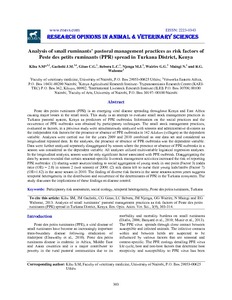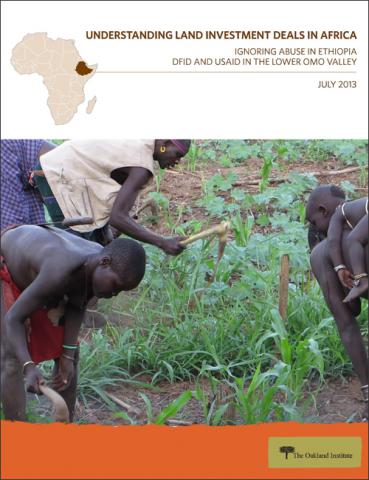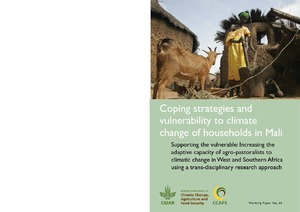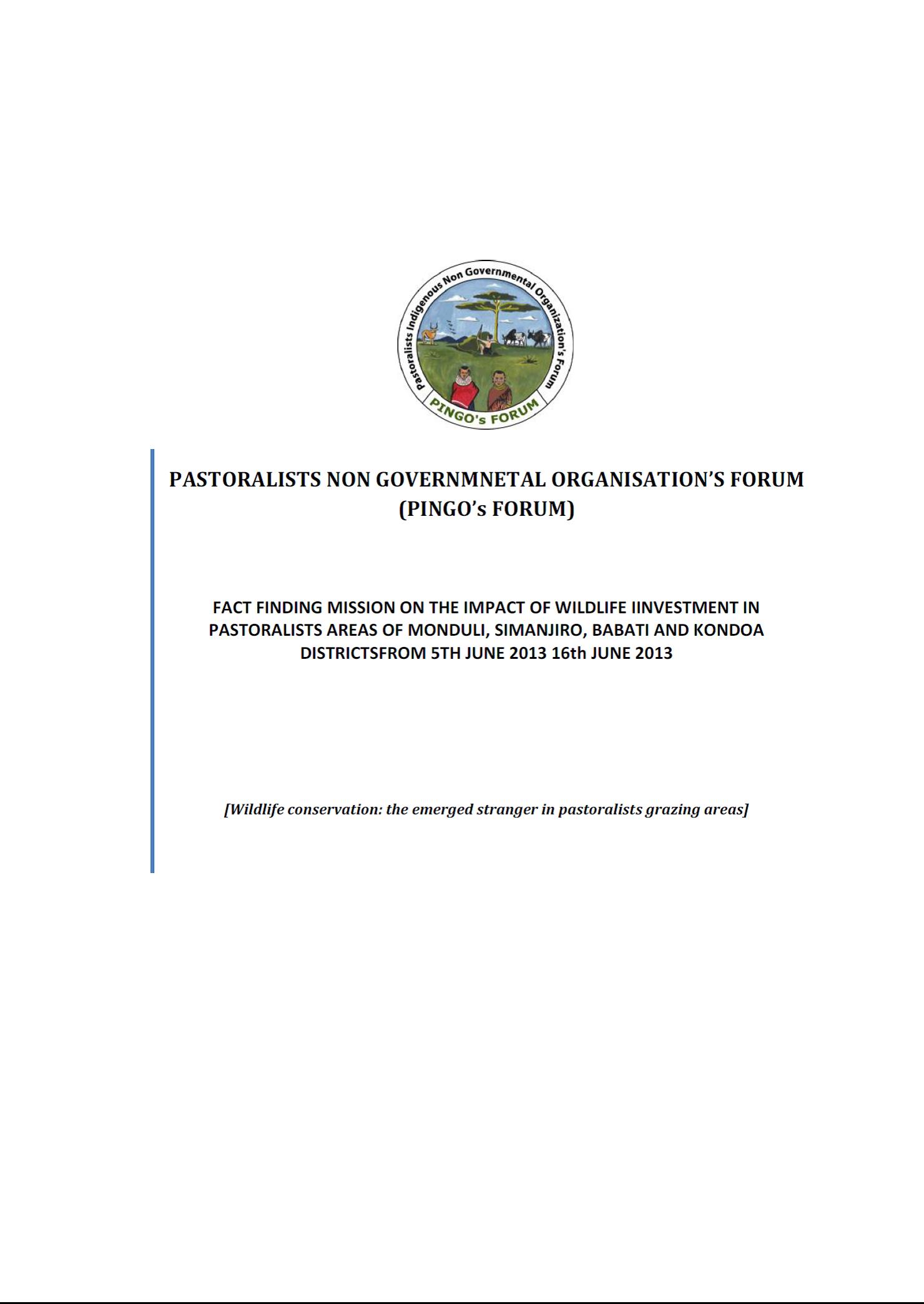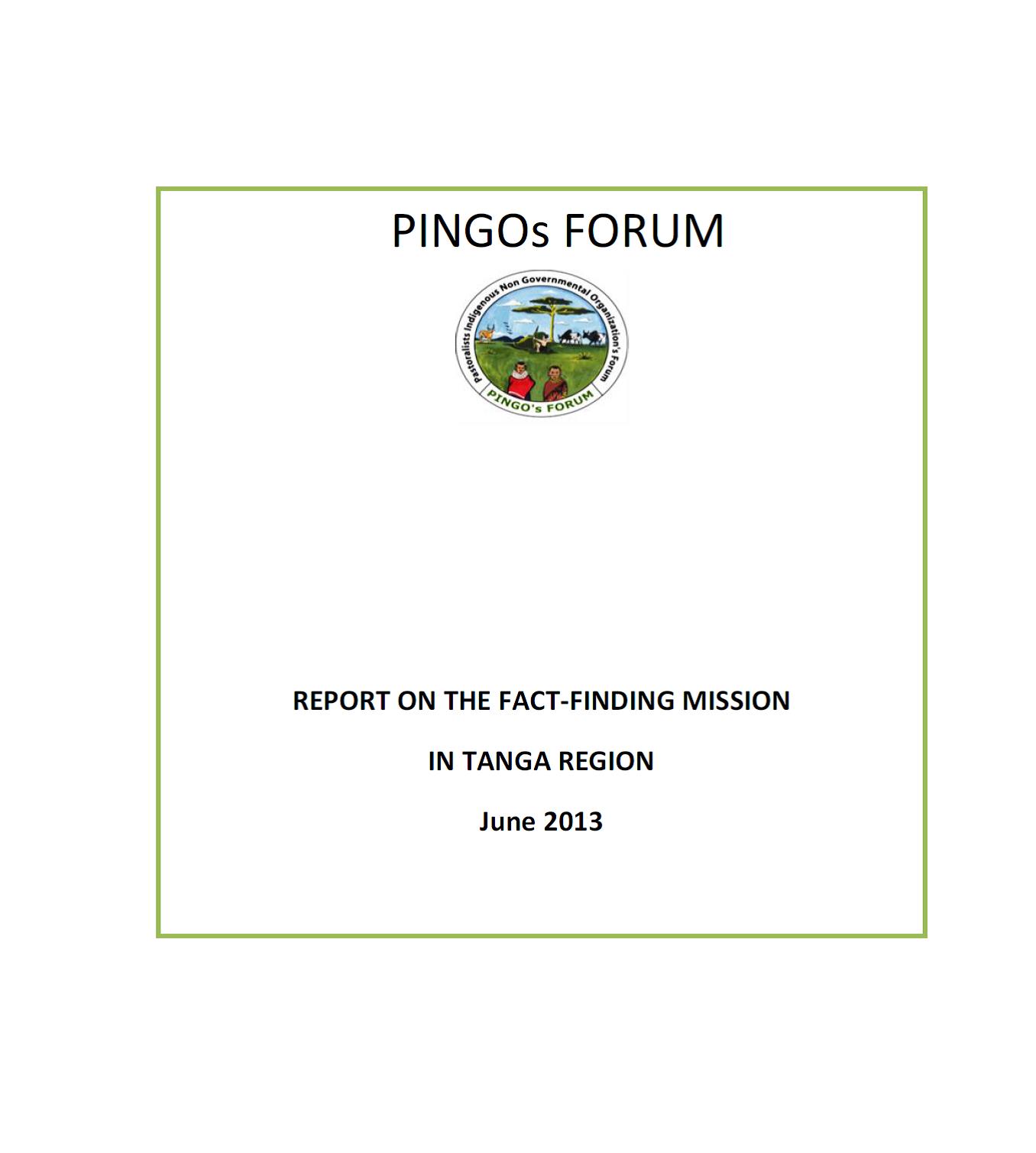Transitions in agro-pastoralist systems of East Africa: Impacts on food security and poverty
Climate-induced livelihood transitions in the agricultural systems of Africa are increasingly likely. There is limited evidence on what such transitions might look like. We carried out fieldwork in 12 sites in Kenya, Tanzania and Uganda to understand changes in farming systems in the recent past, and to test the hypothesis that sedentary farmers in zones that may become warmer and drier in the future may be forced to increase their reliance on livestock vis-à-vis cropping in the future. We estimated the contribution of crop and livestock activities to incomes, food security and poverty.




